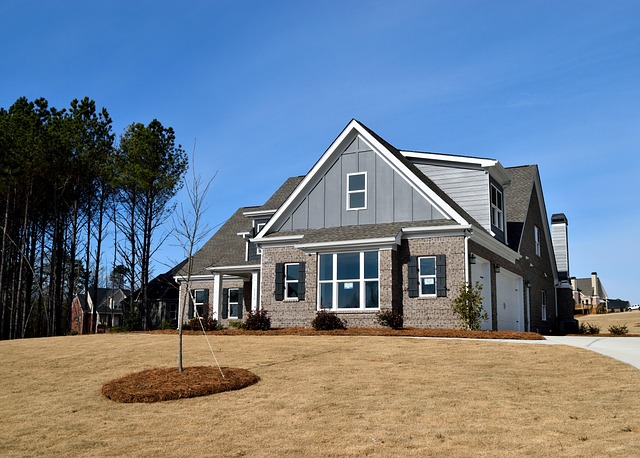Conventional mortgages in real estate offer flexible terms with fixed monthly payments covering principal and interest, enabling borrowers to build equity over time. Options range from short-term with higher payments to longer terms with lower installments, accommodating various financial goals and life changes without penalties. This flexibility allows investors and homeowners to tailor repayment plans to individual circumstances, promoting short-term convenience and long-term stability in the real estate market.
In the competitive real estate market, understanding conventional mortgages with flexible terms is a game-changer. This article delves into the fundamentals of these loans, highlighting their benefits and how customizable term lengths cater to diverse buyer needs. From 15-year fixes to longer-term options, borrowers can navigate the maze of repayment choices. Learn how this flexibility empowers individuals to secure their dream properties on terms that align with their financial journeys, making the homeownership process smoother and more accessible.
Understanding Conventional Mortgages: Basics and Benefits

In the real estate world, conventional mortgages are a popular choice for homebuyers seeking long-term financial stability. These loans are backed by private lenders, rather than government agencies like FHA or VA, and offer a range of flexible terms to suit different needs. The basics involve borrowing a set amount to purchase a property, with regular payments over a predetermined period. Repayment typically occurs through fixed monthly installments that include both principal and interest.
One significant benefit is the ability to build equity over time as you pay down the loan. This encourages responsible borrowing and can lead to substantial ownership of your real estate investment. Moreover, conventional mortgages often come with lower interest rates compared to some government-backed options, saving borrowers money in the long run. These loans are a reliable foundation for individuals planning their financial future in the real estate market.
Term Lengths: Flexibility in Repayment Options

When it comes to conventional mortgages with flexible terms, one of the key aspects is the variety of repayment options available. Borrowers can choose from different term lengths, allowing them to tailor their loan to suit their financial goals and comfort levels. Short-term mortgages offer quicker payoffs but higher monthly payments, while longer-term options provide lower monthly installments but extend the overall repayment period.
This flexibility empowers real estate investors and homeowners to manage their cash flow effectively. Whether one prefers a rigorous repayment schedule or a more gradual approach, there’s an option that aligns with individual needs. This versatility is particularly beneficial for those anticipating life changes, such as career shifts or future investments, as it allows them to adjust their mortgage terms accordingly without penalization.
Customizing Loan Terms for Individual Needs

In the realm of real estate, conventional mortgages offer a flexible approach by allowing borrowers to customize loan terms according to their unique needs. This adaptability is a significant advantage for prospective homeowners, as it enables them to tailor repayment plans that align seamlessly with their financial capabilities and goals. Whether one seeks a shorter-term mortgage with lower monthly payments or prefers a longer-term option for more affordable installments, the conventional mortgage market caters to these preferences.
By negotiating flexible terms, borrowers can secure financing that complements their lifestyles. For instance, individuals with stable, high-income careers might opt for a 15-year loan term, ensuring they pay off their debt swiftly while saving on interest. Conversely, those navigating career changes or temporary financial fluctuations may prefer a 30-year mortgage, providing breathing room and more manageable payments. This customization not only ensures comfort but also paves the way for long-term financial stability in the real estate market.






